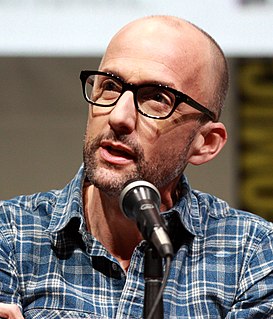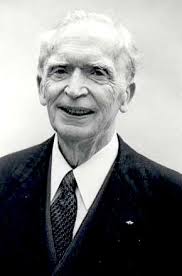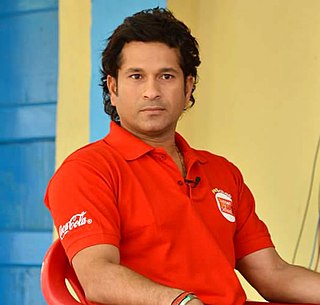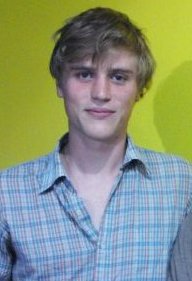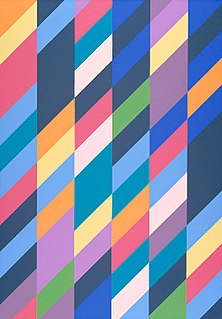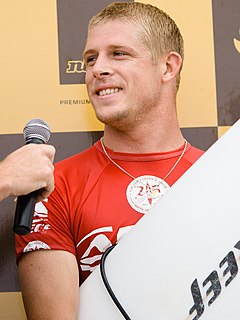A Quote by Reggie Watts
The mind does different things in performance, and conscious thought sometimes takes a backseat.
Related Quotes
We have no proper understanding of the relationship between conscious thought and conscious sensation. The various forms of thought and sensation are underpinned by very different neural mechanisms; so how can the neural correlate of their conscious natures be the same? I don't think we are yet in a position to make such speculations. To make progress, we have to have a good conception of the phenomenology of consciousness, among other things.
I feel it's the conscious mind that messes things up. The conscious mind is constantly telling you, this might happen or that might happen, even before it has happened. Your conscious mind tells you the next ball might be a out-swinger, but when it's coming at you you realize it's an in-swinger... so literally, you've played two balls.
The thing I find really special in performance is that there is this slightly mystical thing that takes over when you're responding to a crowd and engaging in people's imaginations collectively in a room. I've always thought that one of the most incredible things about being alive is going to see some kind of performance like that.
I work on two levels. I occupy my conscious mind with things to do, lines to draw, movements to organize, rhythms to invent. In fact, I keep myself occupied. But that allows other things to happen which I'm not controlling... the more I exercise my conscious mind, the more open the other things may find that they can come through.
Meditation gives you two things: equanimity and creativity. And it does that by taking one from their conscious mind, where there's all that noise and chaos and so on, into the subconscious mind where there's quiet and where creativity emanates from. You have a mantra, and when you repeat it over and over again, all those thoughts go away because you shift them to that mantra. And then eventually that sound disappears, and then you're left not conscious or unconscious - you're left in this subconscious state, and by opening that up, first of all you get control of it.
The old grey donkey, Eeyore stood by himself in a thistly corner of the Forest, his front feet well apart, his head on one side, and thought about things. Sometimes he thought sadly to himself, "Why?" and sometimes he thought, "Wherefore?" and sometimes he thought, "Inasmuch as which?" and sometimes he didn't quite know what he was thinking about.


